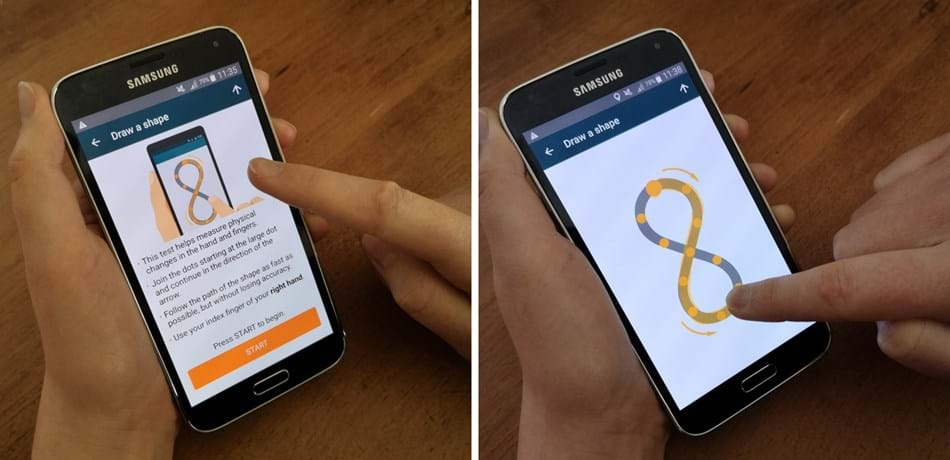Awarded STEM for Britain Medal at the UK Houses of Parliament
I have been announced as this year’s Engineering Bronze place winner at the annual STEM for Britain awards event.
I was credited for my thesis research developing smartphone-based technologies and clinical machine learning (ML) strategies to monitor disease progression for people with neurodegenerative diseases, such as multiple sclerosis.

The STEM for Britain Awards
The STEM for Britain awards, held at the Houses of Parliament, is a major scientific poster competition organised annually by the Parliamentary & Scientific Committee since 1997. The aim of the event is to give members of both Houses of Parliament an understanding into the research being undertaken by early-career researchers across UK universities.
Initially selected as one of the top 10 engineering finalists from 85 applicants, I was invited to present my research at the online Royal Academy of Engineering sponsored event to MPs and academic experts from around the UK. The judging panel awarded the STEM for Britain bronze award in recognition of the original research exhibited in my thesis, “The Development of Digital Biomarkers for Multiple Sclerosis from Remote Smartphone- and Smartwatch-Based Assessments”.

Developing Digital Biomarkers for Disease Progression
This STEM for Britian award I recieved was in recognition of my doctoral degree at the department of Engineering Science in collaboration with multinational pharmaceutical company F-Hoffmann La Roche, in order to develop novel methods for discovering biomarkers for neurodegenerative diseases using smartphones and smartwatches. In my poster I demonstrated how the latest deep learning algorithms could learn a patients’ disease severity directly from smartphone measurements recorded during a daily two-minute walking assesment that partipants performed in their own home. This work idicated that we can accurately monitor a patient’s ambuilatory-related MS symptoms over a 6-month period through simple smartphone-based assesments.
Links and Media
My research award was recently written up on the departmental website: STEM for Britain Award for Clinical AI Researcher.